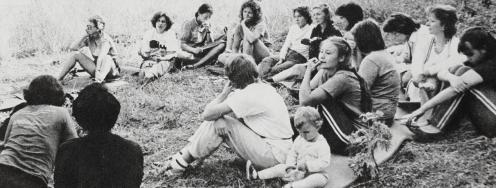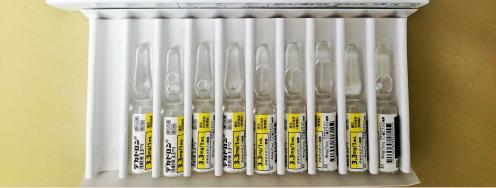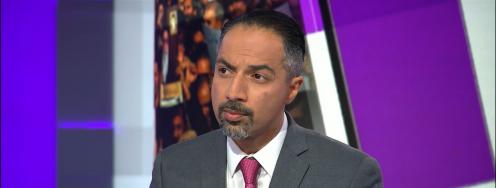Putin’s Return to the Russian Presidency and U.S.-Russian Arms Control
The following is a guest post by Steven Pifer.
In a speech to the United Russia party on Saturday, President Dmitri Medvedev announced his intention to step aside so that Prime Minister Vladimir Putin can return to the presidency next spring. The Russians still have an election to hold in March, but one can predict the outcome with assurance. While his ratings have declined since his first two terms as president, Putin remains the most popular politician in Russia. The state’s bureaucratic and financial resources will mobilize to support his candidacy, and no serious opposition candidate has emerged.
Pundits have speculated for two years on whether Medvedev or Putin would be the establishment candidate in 2012. The fact that the two talk publicly in different terms fueled the speculation. But little hard evidence suggests that the two clashed on any serious policy question. Although Putin has been prime minister—nominally the second highest position in Moscow—he and Medvedev have worked as a tandem, and few doubt who held the real power.
What will Putin’s return to the presidency mean for U.S.-Russian arms control? Let me offer five observations.
First, as prime minister, Putin has certainly been involved in all key policy decisions. It is inconceivable that Medvedev last year would have signed the New START Treaty or agreed to explore NATO-Russia missile defense cooperation without Putin’s approval. Russia’s strategic approach to arms control with the United States likely will not change.
Second, Putin’s return could mean differences at the margins. He views Washington with greater skepticism and distrust than does Medvedev. Part of that may stem from experience. During his first two terms as president, he dealt with President George W. Bush. While the two got along well personally, the Bush administration walked away from the ABM Treaty and only grudgingly agreed to a vague strategic nuclear reductions agreement. In 2004, a slide began that brought U.S.-Russian relations in 2008 to their lowest point since the Soviet Union’s collapse.
Third, Putin is pragmatic. He talks now of the need for Russia to boost defense spending. But in 2003-2007, when rising oil and gas prices filled the Russian government’s coffers with hundreds of billions of dollars, Putin chose to increase foreign currency reserves and create a government “rainy date” fund while keeping defense spending increases modest. One reason why the Russian military today is headed for levels of deployed strategic warheads and strategic delivery vehicles well below the New START limits is that Putin did not pump additional funding into accelerating the production of new ICBMs. Russia’s future budget outlook offers a mixed picture, and a new arms reduction agreement might prove attractive if the defense budget comes under pressure from other domestic needs.
Fourth, on missile defense, the current situation differs from Putin’s earlier time as president. The prospective deployment of SM-3 missile interceptors in Central Europe presents less of a threat to Russian strategic forces than did the Bush administration’s planned ground-based interceptor deployment. Moreover, the Bush administration negotiated bilateral missile defense arrangements with Poland and the Czech Republic; some in Moscow undoubtedly harbored hopes that they could sow dissension within NATO ranks and undermine the plan. The Obama administration has the Alliance squarely on board with its missile defense program. Will a pragmatic Putin conclude, perhaps even while Medevdev remains president, that missile defense cooperation is worth a try?
Fifth, although the Russian presidential election is now virtually decided, it’s not the only presidential vote scheduled for 2012. The Russian election will not change Moscow’s approach to arms control questions, but Russian officials believe that the outcome of the U.S. presidential election could have a major impact on how Washington approaches those issues. Senior Russian officials thus say privately that, until they know who will reside in the White House in 2013, they will wait to take major steps on further nuclear reductions—and that is regardless of whether Medvedev or Putin is president.
Steven Pifer, a retired Foreign Service officer, is a senior fellow and directs the Arms Control Initiative at the Brookings Institution.



